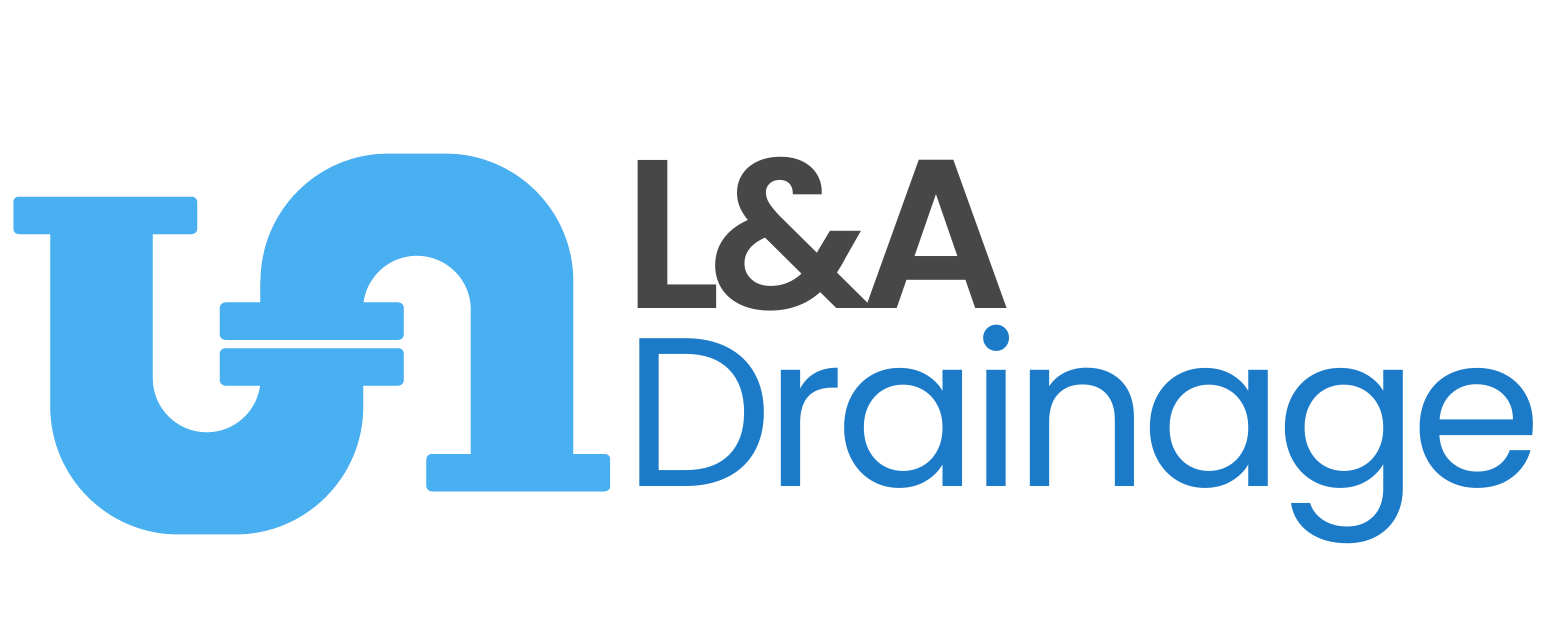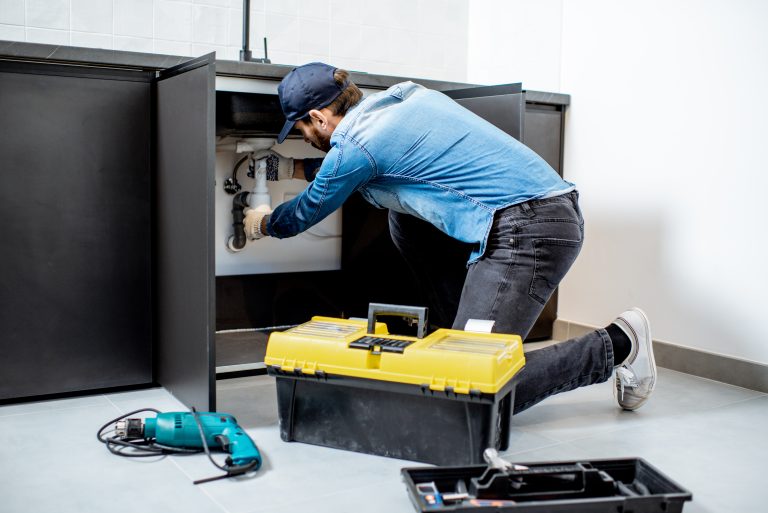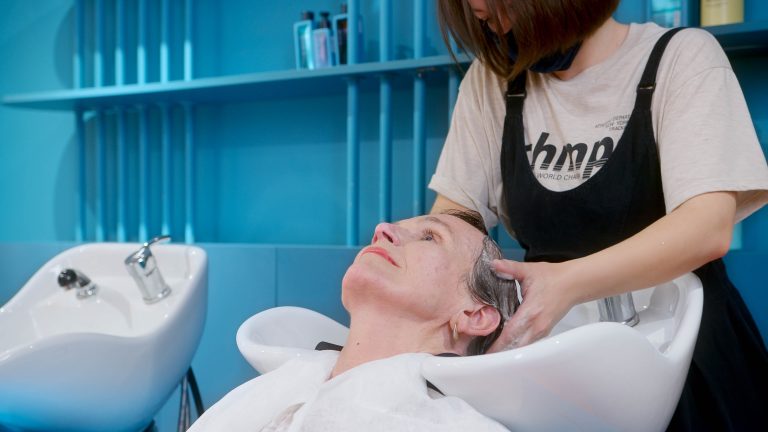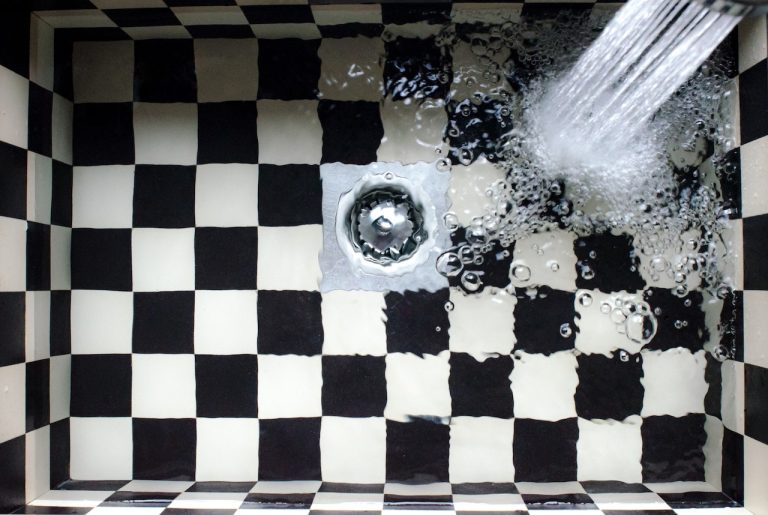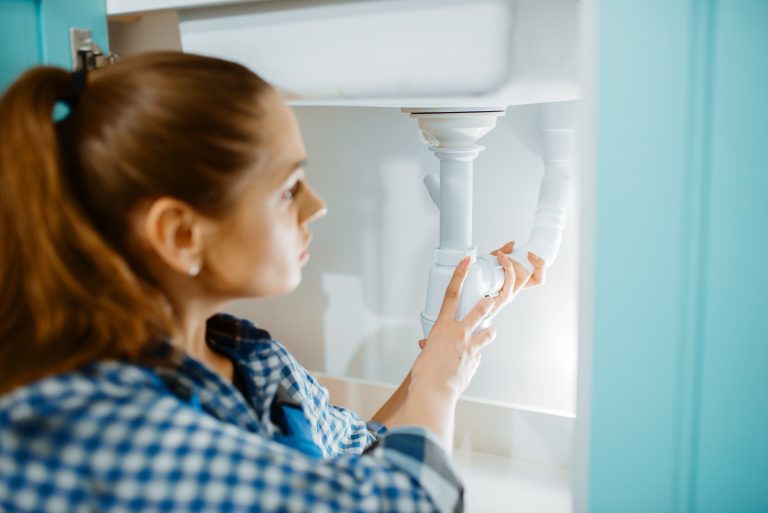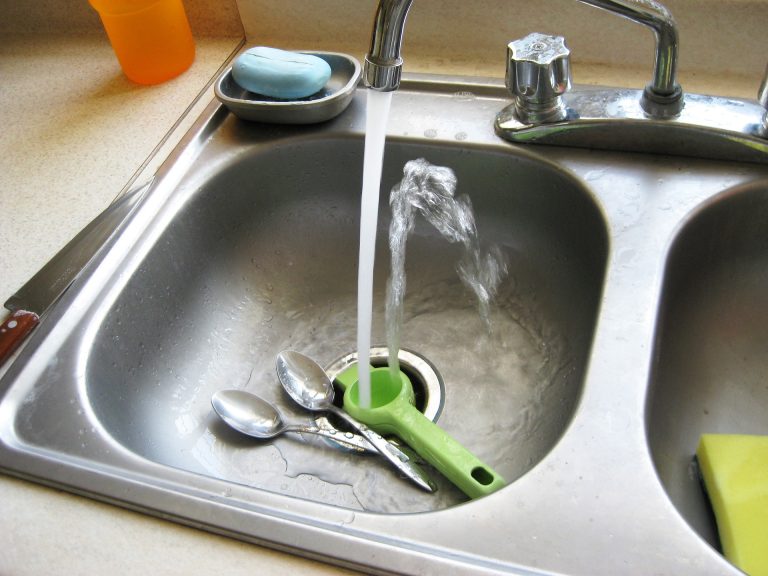Households with Multiple Occupancy (HMO) properties present unique drainage challenges. With many tenants sharing facilities, HMO drains see much higher traffic and are at greater risk of blockages. Clogged and sluggish drains lead to foul odours, backed-up water, and damage if not addressed promptly.
In fact, a recent survey by the National Residential Landlords Association found that 61% of landlords have experienced drainage problems in their properties. And the average cost of repairing a drainage problem in an HMO property is £1,500.
Drainage issues are a common problem in HMO properties in the UK. This is due to a number of factors, including:
- The increased number of people living in the property, which can put more strain on the drainage system.
- The age of the property, as older properties may have outdated drainage systems that are more prone to leaks and blockages.
- The layout of the property, as properties with shared bathrooms and kitchens can be more difficult to keep clean and free of blockages.
- The behavior of the tenants, as tenants who are not careful about what they flush down the toilet or pour down the sink can contribute to drainage problems.
By being informed and proactive, HMO tenants can help prevent drain disasters. Follow these do’s and don’ts to keep your shared drainage system flowing freely.
Do’s:
- Collect food scraps and dispose of properly in the bin – don’t rinse down the sink. Food particles are a major clog culprit.
- Catch hair in drains with strainers and empty regularly into the rubbish. Excess hair down drains wraps around pipes.
- Be mindful of what gets flushed down toilets. Only human waste and toilet paper should go down.
- Report any sluggish or blocked drains immediately to your property manager. The sooner it’s fixed, the better.
Don’ts:
- Pour fats, oils, or grease down the sink – allow to cool and dispose in the bin. FOG sticks to pipes causing major blockages.
- Use chemical drain cleaners or caustic products. They corrode pipes over time.
- Ignore slow draining water – address it right away before it leads to a complete clog.
- Plant trees or shrubs too close to exterior drainage pipes. Roots can invade and damage drains.
By avoiding these common mistakes and being considerate with shared facilities, HMO residents can take pressure off the drainage system.
The consequences of drainage issues in HMO properties can be serious, including:
- Flooding, which can damage property and belongings.
- Health problems, such as respiratory infections, caused by mold and mildew.
- Pest infestations, such as rats and cockroaches, which can be attracted to damp and dirty conditions.
- Unpleasant smells, which can make the property uninhabitable.
Drainage issues are a common problem in HMO properties in the UK. This is due to a number of factors, including:
- The increased number of people living in the property, which can put more strain on the drainage system.
- The age of the property, as older properties may have outdated drainage systems that are more prone to leaks and blockages.
- The layout of the property, as properties with shared bathrooms and kitchens can be more difficult to keep clean and free of blockages.
- The behavior of the tenants, as tenants who are not careful about what they flush down the toilet or pour down the sink can contribute to drainage problems.
The consequences of drainage issues in HMO properties can be serious, including:
- Flooding, which can damage property and belongings.
- Health problems, such as respiratory infections, caused by mold and mildew.
- Pest infestations, such as rats and cockroaches, which can be attracted to damp and dirty conditions.
- Unpleasant smells, which can make the property uninhabitable.
If you are a tenant in an HMO property with drainage problems, you should first try to resolve the issue with your landlord or managing agent. You can do this by:
- Reporting the problem to your landlord in writing.
- Providing evidence of the problem, such as photos or videos.
- Requesting that your landlord take action to fix the problem.
We asked our founder, Bayram Kucuker on what he thinks about HMO drain blockages, he said,
“We get called out to unblock drains at HMO properties on a regular basis. With so many occupants sharing facilities, it’s no surprise these drains get clogged more frequently. In my experience, lack of proper maintenance is usually the culprit. We often see extensive build-ups that could have been prevented with regular drain inspections and cleaning. My message to landlords and agents is – don’t wait for tenants to complain about backups and foul odours. Be proactive with professional drain maintenance on all your properties. The small upfront investment will prevent much larger emergency repair costs down the line. Regular maintenance keeps drains free-flowing and tenants happy. It’s a win-win for everyone involved.”
Contact our professional drainage maintenance services department at L&A Drainage right away if you notice persistent issues. Investing in regular maintenance now prevents major headaches!
